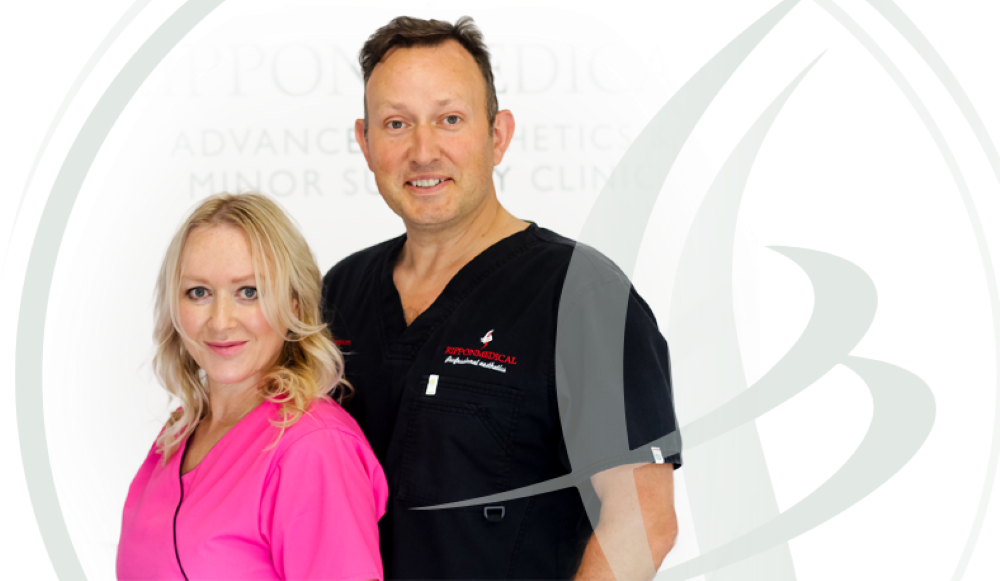News


Although something many of us feel embarrassed by, along with many other skin health issues, warts are incredibly common, but thankfully relatively easy to deal with.
Plantar warts, also known as verrucas, are small, non-cancerous growths caused by a virus on the skin or mucous membrane. Usually, these warts are found on hands and feet, however, they can appear anywhere on the skin. Since these warts/verrucas are contagious, they spread quickly through direct contact or through surfaces contaminated with the virus.
While many warts/verrucas resolve on their own over time, some may require medical intervention including topical medication, wart treatment or surgical verruca removal. Under expert guidance such verruca treatment can eradicate pain and discomfort, reducing the risk of recurrence.
In this guide, we'll understand the basics of surgical wart removal to help you enhance skin health and live your best life.
Let's get started!
Verrucas/warts are benign growths that develop as a result of infection with the human papillomavirus (HPV). Frequently found on hands and feet, these warts develop in thicker skin areas and can cause severe pain and discomfort.
Causes: HPV infection is highly contagious and is responsible for verruca development. Such a virus is usually contracted through direct skin-to-skin contact or by touching highly contaminated, warm and moist surfaces such as those at swimming pools, changing areas or communal showers.
Formation: Verrucas usually develop when HPV enters the skin's surface through small cuts or abrasions. Once inside, they trigger the growth of skin cells, leading to the development of bumps or warts. By their growth, they even disrupt the normal shedding of dead skin cells, causing a rough texture on the skin.
If you have particularly persistent verruca, professional surgical verruca removal may be imperative because of the complex nature of this treatment.
Healthcare professionals, dermatologists and specialist trained GP's possess specialised expertise and extensive knowledge of wart treatment. This allows them to accurately identify the wart type, size and location to determine the most appropriate surgical wart removal procedure.
Moreover, such wart removal procedures require sterile environments to prevent further infections and complications. Health experts have access to such clean environments, making it easy for individuals to safely get a wart removal procedure.
The choice of wart treatment depends on factors such as the type, and size of the warts along with the patient's preference and physician's recommendation. Below are a few methods for surgical wart removal -
Excision: A scalpel or a surgical instrument is used by a surgeon to remove the wart. In this procedure, more prominent warts or those that have grown deep into the skin are removed. Post-surgery, stitches may be required to close and heal the wound completely.
Curettage: Such a procedure involves the use of a spoon-shaped tool to remove the verrucas. Prior to the surgery, the area around the wart is injected with local anaesthetic to smoothly carry out the surgery. Following this, a laser therapy session destroys the wart cells.
Cryotherapy: Since this procedure is a non-surgical verruca treatment, a lot of individuals prefer this over any other wart treatment. In this method, the wart is completely frozen using liquid nitrogen so it falls off over time. Multiple sessions may be required for complete removal and there can be some discomfort and blistering after the procedure. However, this technique is less effective for particularly persistent warts and may require follow up surgery if the wart persists.
Recovery after any wart treatment involves wound care, pain management and infection prevention. Proper rest and adequate nutrition are the basis to ensure appropriate recovery post-surgery.
Individuals must ensure to keep the treated area clean, dry, and covered with sterile dressing. All safety precautions and protocols must be followed diligently as mentioned by your health care professional. If any pain-relief or medicine is prescribed, they must be taken as advised to reduce pain and signs of discomfort.
Next, individuals must look out for signs of redness, swelling or pus. If they feel it is causing them severe pain, they must consult a healthcare expert right away. Moreover, individuals must attend follow-up appointments to ensure proper healing and minimise complications.
Usually, individuals have concerns related to wart treatments. Below are a few frequently asked questions on verruca surgery:
It is common to experience slight pain during and after the procedure. However, pain medication can be taken to manage surgery discomforts.
Recovery period is different for every individual and may range from a few days to several weeks.
Minimal scarring is possible, which will mostly fade over time.
Yes, if post-operative care is not taken seriously, it could lead to possible scarring, infection or recurrence of warts.
To learn more about safety and expertise during treatments, read our philosophy!
In conclusion, surgical wart removal is a reliable solution to dealing with the persistent growth of warts. Medical experts can help with not only eliminating the warts but also improving the appearance, reducing the risk of recurrence.
At Rippon Medical Services, we provide comprehensive solutions to effectively deal with verrucas. For surgical wart removal, choose our personalised, tailor-made solutions and achieve wart-free, healthy skin.
Along with surgical wart removal, explore more of our top minor surgery treatments such as benign mole removal, angioma removal, milia removal, lipoma removal and more!
Explore our treatments and book your appointment with us to have healthy skin, body and mind now!
2 Spinners Yard, Fisher Street,
Carlisle, Cumbria, CA3 8RE
| Carlisle Clinic: | 01228 521014 |
| Head Office: | 01228 791447 |
| Mobile: | 07787 541689 |
E: This email address is being protected from spambots. You need JavaScript enabled to view it.
Registered Company Number 08132885
Registered office: 6 Brunswick Street, Carlisle, Cumbria, CA1 1PN
Monday-Saturday
9.00am - 7.00pm
Prior Appointments ONLY
Comments